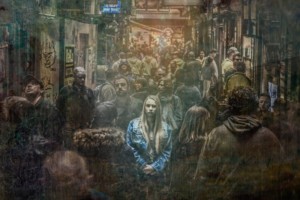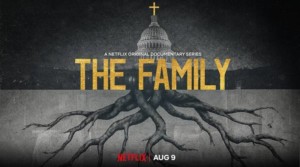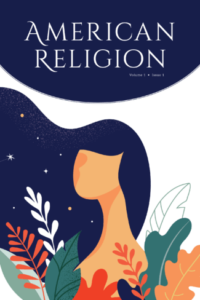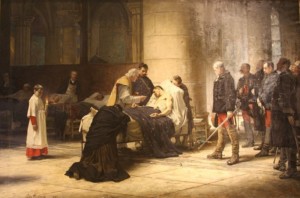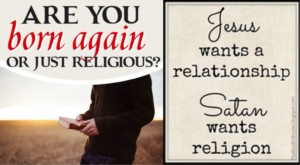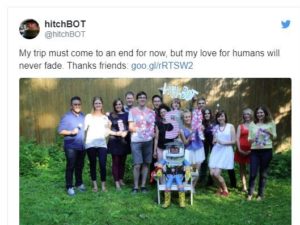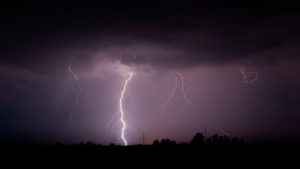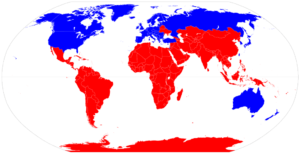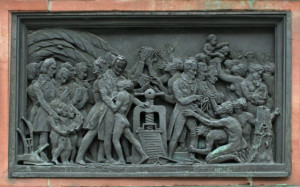
Religious legislation as a place of religion-making
In this response to Episode 332, Ernils Larsson writes, “A central problem with the principles of religious freedom and the separation of religion and state as they were instituted in Japan under American occupation is that they assume a consensus with regards to what constitutes religion. As Japan was reshaped by the occupation authorities, an American understanding of religion forced a transformation of the public rites of the state in order for them to conform with the notion of Shrine Shinto as a private religion.”

